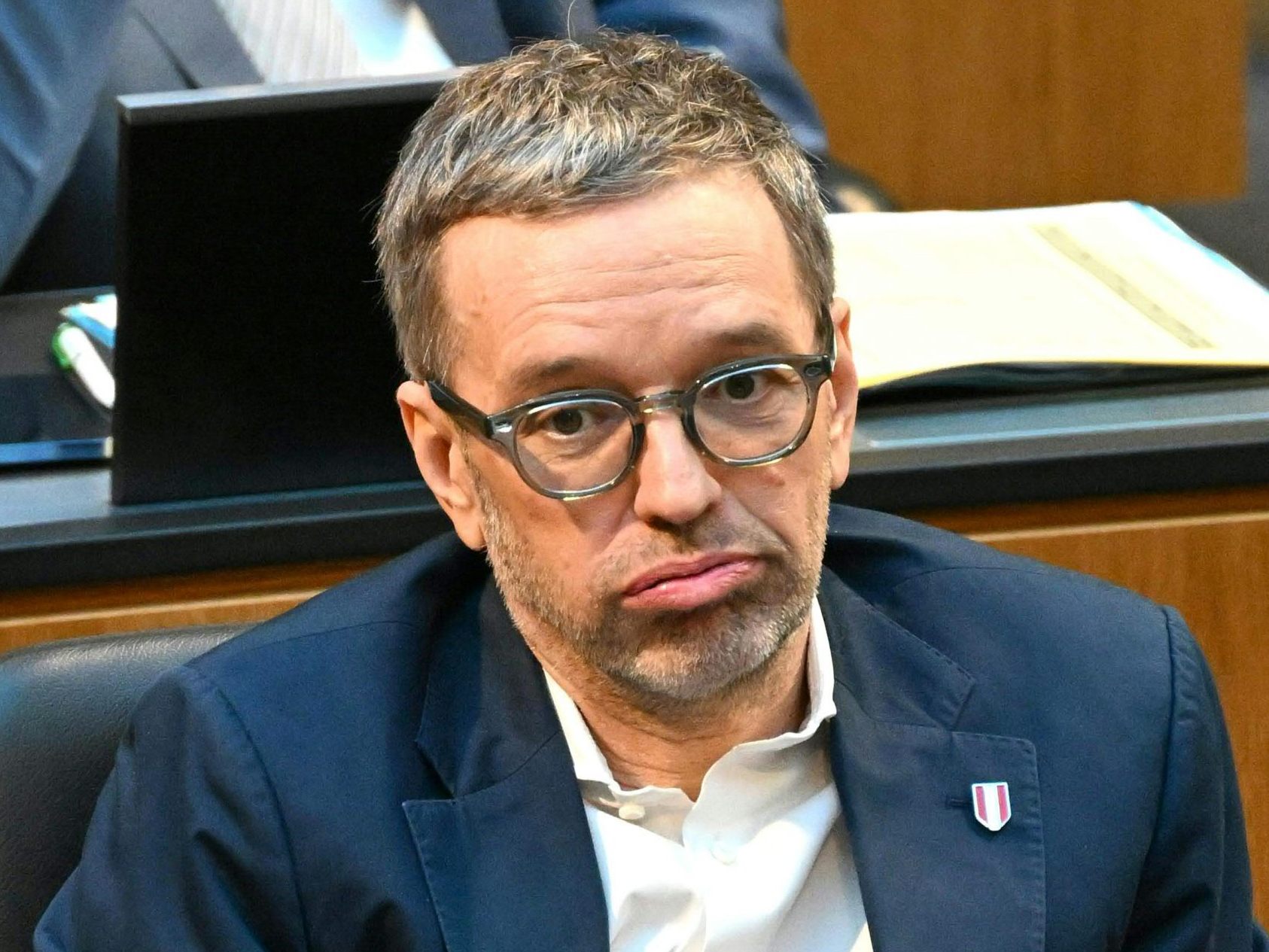FPÖ chairman Herbert Kickl referred to himself as the "not-yet-Chancellor" at the political Ash Wednesday event in Ried, Upper Austria. It was a desperate attempt to keep his supporters in good spirits: For months, he had fueled expectations of becoming the head of government. When the ÖVP, SPÖ, and Neos held coalition talks for the first time without him in late autumn, he could at least portray himself as a victim of exclusion. Now, however, that is impossible: He has missed the opportunity to become Chancellor himself.
The story that the ÖVP let him down during the talks in January and February doesn't hold up. It was also partly his fault that a Blue-Black coalition did not materialize. Therefore, his party colleague, the Deputy Governor of Salzburg, Marlene Svazek, also says that there needs to be internal discussions; that voices criticizing him should also be allowed.
Svazek differs from Kickl at least in this respect: She is aware that there is still a majority voting system in Austria; and that even as number one, one must arrange with others if one does not hold more than 50 percent. Kickl, on the other hand, believes he can override this. During the negotiations, he lacked a willingness to compromise. Consequently, they had to fail.
Today, he makes it too easy for himself by calling himself the "not-yet-Chancellor," assuming that he will simply become head of government after the next election: Apart from the fact that he would have to change to even get a second chance, he must first face expressions of discontent from within his own ranks.
Worse for the 56-year-old: He cannot even distract from this and, as in the past, score points with the claim that Austria has an incompetent government. After all, the ÖVP, SPÖ, and Neos are pursuing an asylum policy that is essentially in line with the FPÖ's. One of the first measures is a stop to family reunification. This is "necessary and right," says Kickl's party colleague, the Styrian Governor Mario Kunasek. Of course, he misses further measures, but he praises Black-Red-Pink in principle: Under these circumstances, Kickl can forget his fundamental opposition.
Not even in elections are successes assured for him, which would show friends and foes that the FPÖ under his leadership is sweeping all levels like never before: In the Vienna municipal council election at the end of April, it will indeed achieve significant gains, but it will hardly be able to make up for the drop from over 30 to seven percent in 2020. In other words: Even under Heinz-Christian Strache, it was more successful. And then, after the Vienna election, there will be nothing more to celebrate for a long time, much to Kickl's chagrin, as no major election is expected to take place for almost two and a half years.
Johannes Huber runs the blog dieSubstanz.at – Analyses and Backgrounds on Politics
This article has been automatically translated, read the original article here.






